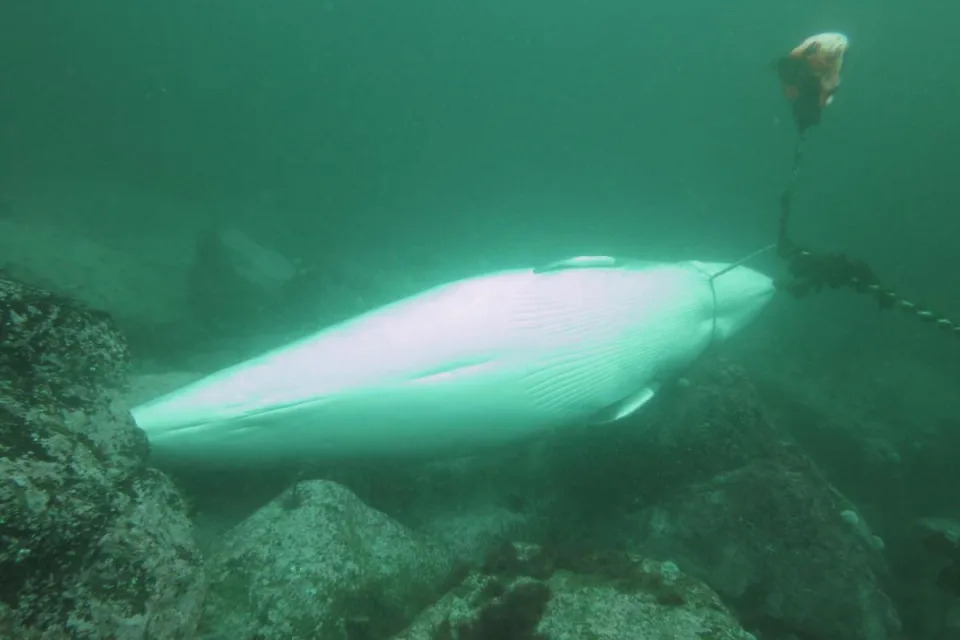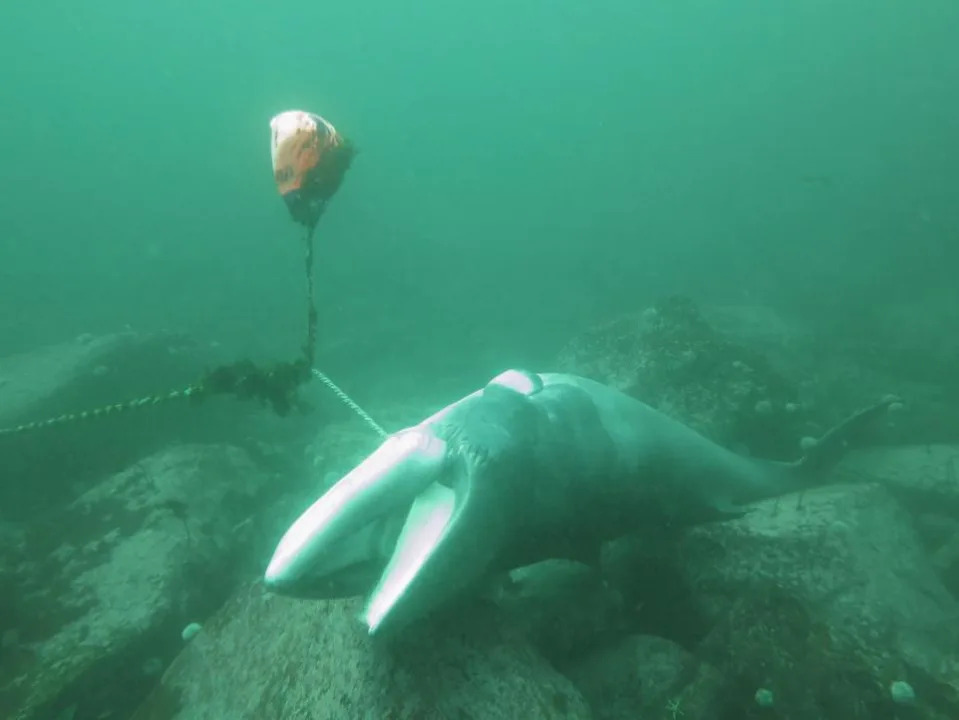Big tech layoffs may further disrupt equity and diversity efforts
By Doyinsola Oladipo
NEW YORK, Jan 5 (Reuters) - 2023 is shaping up as a challenging year to be a woman or minority working in the tech sector, or even a person with one too many years under their belt.
Surging firings by technology companies last year are disproportionately affecting women and mid-career talent which may make it more difficult to improve diversity in one of the most sought-after industries, according to data from a research firm.
In recent years, U.S. tech majors have stepped up hiring and made diversity, equity and inclusion (DEI) a priority. But as the industry grapples with over-hiring since mid-2020, rising interest rates and changes in business and consumer behavior, tech companies have announced deep cuts, risking their diversity efforts.
Amazon.com Inc's layoffs will now include more than 18,000 roles as part of a workforce reduction it previously disclosed, its CEO said on Wednesday. That comes to about 6% of its corporate workforce. Salesforce Inc said on Wednesday it planned to eliminate about 10% of its staff.
The rare shakeup in big tech companies risks further disrupting diversity pledges that have already grown stagnant as companies de-emphasize DEI efforts.
Companies including Meta Platforms Inc, Amazon.com, Twitter Inc and Snap Inc have together cut over 97,000 jobs in 2022 to deal with the slowing economy and shareholder pressures, according to a report from employment firm Challenger, Gray & Christmas Inc. That is up 649% from 2021.
Women and Latino workers represent 46.64% and 11.49%, respectively, of the tech layoffs from September to December 2022, while those segments make up 39.09% and 9.96%, respectively, of the entire industry, according to data from Revelio Labs Inc, a startup that analyzed data from tech layoff tracker Layoffs.fyi and talent database Parachute List by Rocket.
Mid-career talent is also overrepresented in layoffs, said Reyhan Ayas, Revelio Labs senior economist.
Meta, for instance, committed in 2019 to doubling the number of Black and Hispanic employees in its U.S. workforce as well as doubling the number of women in its global workforce by 2024.
Donald Tomaskovic-Devey, sociology professor at the University of Massachusetts Amherst, who studied U.S. Equal Employment Opportunity data for 2008-2016, found that about 7% of tech firms are actively trying to diversify their workforce.
Tomaskovic-Devey said if the same pattern holds, the current round of layoffs will lead to fewer women and non-Asian minorities in tech firms and further entrench the dominance of white and Asian males in the industry.
Twitter was hit with a lawsuit that claimed the social media company disproportionately targeted female employees in layoffs.
Snap and Twitter did not respond to requests for comment. Meta declined to comment.
DISRUPT DIVERSITY
Black and Asian talent has been less affected by the job cuts but the unexpected layoffs in tech may make it more difficult to attract diverse early-career talent to "the cool kid on the block" or well-known tech companies, said Morgan DeBaun, CEO of Blavity Inc, which hosts the largest annual Black tech conference, AfroTech.
This will disrupt diversity efforts even further, said Benjamin Juarez, a recruiting consultant and co-founder of Latinos in Tech. Underrepresented talent will face increased competition for entry-level roles as experienced workers settle for those jobs, he added.
Entry-level jobs often present the best option for diverse candidates to get a foothold in the tech industry.
"Someone looking to break in to tech for the first time should anticipate that it could be a long road," said Amanda Daering, co-founder of HR consulting firm Newance which builds finance and tech teams at startups.
Companies have made cuts to budgets allocated to make workplaces more diverse, said Nadiyah Johnson, CEO of Milky Way Tech Hub, which helps corporations source diverse candidates.
"There's been patterns of pushing back projects that at one point in time were a priority, especially the first year or two since the George Floyd murder," she said.
Still, some are hopeful.
Latinos in Tech's Juarez said he is hopeful that massive layoffs will give rise to minority led-startups, his preferred solution to the stagnant DEI efforts.
"We want to increase the amount of Latinos in the tech space but we're starting to see that some of these DEI efforts just don't work and we just need to essentially build our own path."
(Reporting by Doyinsola Oladipo in New York Editing by Denny Thomas and Matthew Lewis)















